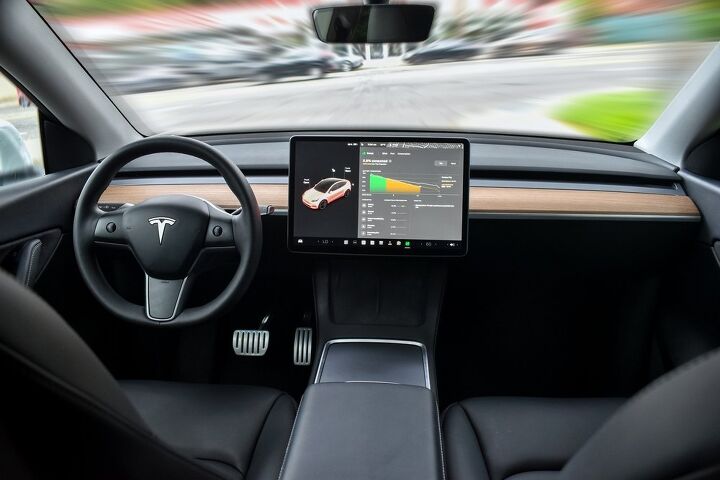How the World Views Autonomous Vehicles
In a recent global survey conducted by Maison Law, a personal injury law firm based in Fresno, California, the levels of trust and comfort with autonomous vehicles were explored across different countries. The survey aimed to understand the global perceptions and readiness for sharing roads with these technologically advanced vehicles.
Varied Trust Levels Across Countries
The study revealed a diverse range of trust levels among the populations of various countries. Notably, individuals from China, Russia, and the United Arab Emirates (UAE) exhibited the highest trust in autonomous vehicles. The survey showed that more than 80 percent of respondents from these countries are comfortable with the idea of sharing the roads with autonomous vehicles.
Conversely, the United States, Japan, and South Korea demonstrated lower levels of trust. In these countries, approximately half of the survey participants expressed discomfort with the presence of autonomous vehicles on the roads.
Country-Specific Findings
- United Arab Emirates – 88 percent
- United States – 57 percent
- Germany – 71 percent
- United Kingdom – 74 percent
- Israel – 66 percent
- China – 94 percent
- Canada – 60 percent
- Australia – 63 percent
- Japan – 52 percent
- Russia – 89 percent
- South Korea – 52 percent
Implications and Future Directions
The survey's findings suggest a broad spectrum of public trust in autonomous vehicles, influenced by geographical and possibly cultural factors. These variations indicate the need for tailored approaches in the introduction and integration of autonomous vehicles within different societies.
Understanding these perceptions is crucial for policymakers, automotive manufacturers, and technology companies as they navigate the complexities of introducing autonomous technologies to the public. Building trust through transparency, safety assurances, and public education will be key to fostering a harmonious coexistence between autonomous vehicles and human drivers.
This article was co-written using AI and was then heavily edited and optimized by our editorial team.
More by TTAC Staff
Latest Car Reviews
Read moreLatest Product Reviews
Read moreRecent Comments
- THX1136 That's so cool. This one is close to what I had accumulated with the 84 Shelby Charger I owned. Since it only had a 5 digit odo no one would know it had over 406k. I kept track of everyplace it turned over with only 2 still lodged in my 71 yo brain. If I had taken care of it cosmetically as well as I did mechanically I still think I could have gotten to 500k which was a goal I set for myself. The Toyota mentioned is quite impressive at over 900k. Thanks for the write up, Murilee!
- Kwik_Shift_Pro4X Nice to see. I like the Top 10 list and seeing "80s Mercedes" within.
- Redapple2 jeffbut they (gm) dont want to ... their (gm ) pick up is 4th behind ford/ram, Toyota. GM has the Best engineers in the world. (gm has )More truck profit than the other 3 (manufacturers (ford, ram , toyota)). (The combined sales of ) Silverado + Sierra+ Tahoe + Yukon sales = (yields ) 2x ford total (profit from trucks) @ $15,000 profit per. (therefore gm has )Tons of $ (money ) to invest in the BEST truck. No. They make crap. Garbage. Evil gm Vampire. (expound / corrections )
- UnoGeeks Great information. Unogeeks is the top SAP ABAP Training Institute, which provides the best SAP ABAP Training
- ToolGuy This thing here is interesting.For example, I can select "Historical" and "EV stock" and "Cars" and "USA" and see how many BEVs and PHEVs were on U.S. roads from 2010 to 2023."EV stock share" is also interesting. Or perhaps you prefer "EV sales share".If you are in the U.S., whatever you do, do not select "World" in the 'Region' dropdown. It might blow your small insular mind. 😉


































Comments
Join the conversation